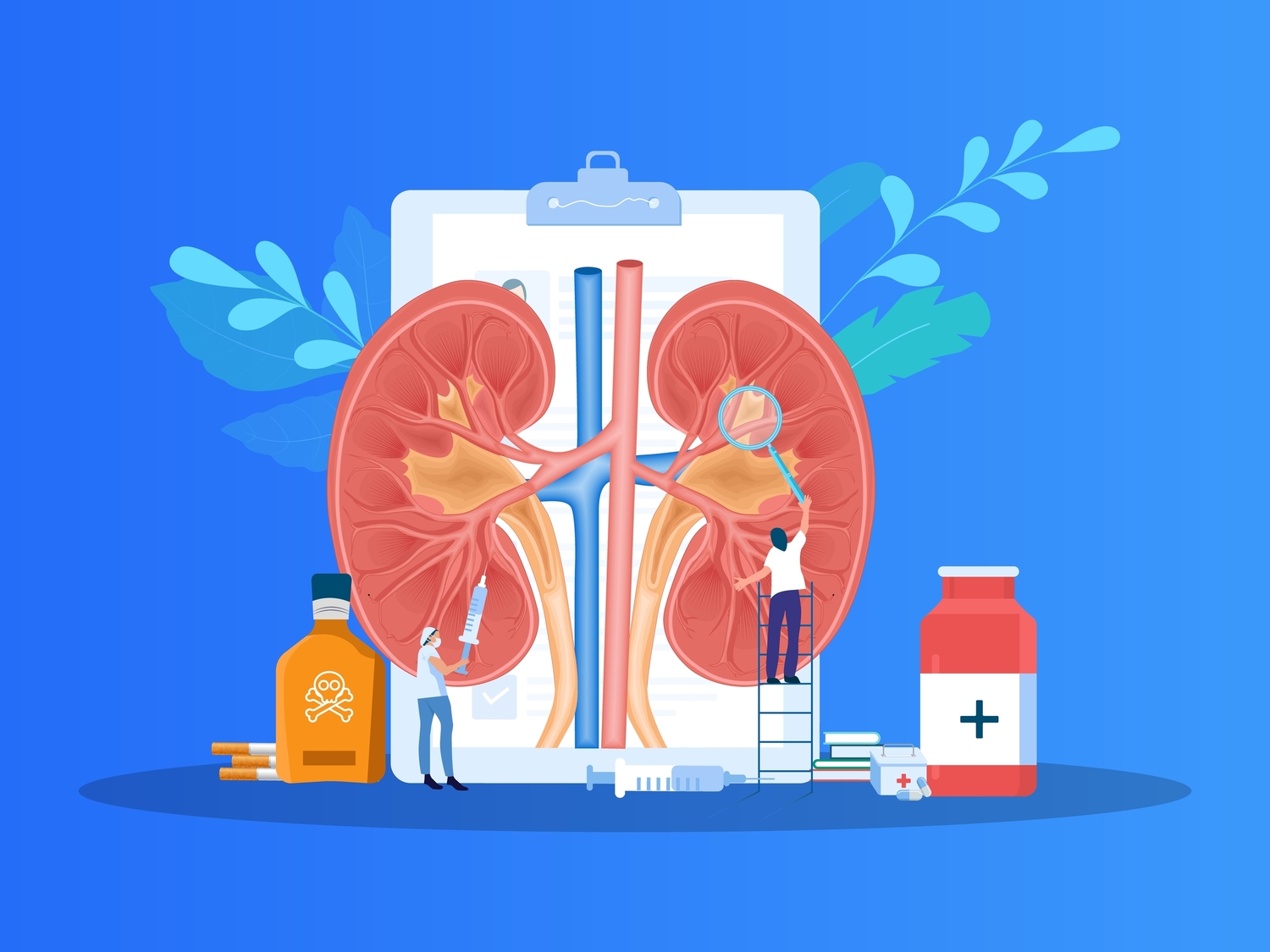Indicators of Kidney Health Concerns and Maintenance Tips
Learn to identify early signs of kidney problems, such as fatigue, swelling, and blood in urine. Explore effective lifestyle changes to support kidney health, including proper hydration, diet, and regular check-ups. Early detection and proactive care are essential for maintaining kidney function and overall well-being.

Recognizing Signs of Kidney Dysfunction
The kidneys are vital organs responsible for filtering waste, excess fluids, and toxins from the bloodstream, ensuring overall health. Poor diet, dehydration, and certain lifestyle habits can lead to toxin buildup, compromising kidney function. Awareness of early warning signs is crucial for prompt intervention. This article highlights common symptoms indicating your kidneys may need attention and offers advice on how to support kidney wellness effectively.
Chronic Fatigue and Weakness
Persistent tiredness may signal decreased erythropoietin production, resulting in fewer red blood cells and oxygen transport deficiencies, which cause fatigue and weakness.
Increased Urination and Nocturia
Frequent urination, especially at night, could point to kidney issues. Although it can also relate to other conditions like diabetes, it remains an essential symptom to monitor.
Presence of Blood in Urine
Blood in urine, or hematuria, suggests damaged kidney filters allowing blood cells into the urine, signaling potential kidney damage.
Swelling and Edema
Inability to remove excess fluids can cause swelling in the legs, ankles, and feet. Puffy eyes, particularly in the morning, may also indicate protein leakage due to kidney impairment.
Skin Issues and Itching
Dry, itchy skin can reflect waste accumulation or mineral imbalance related to compromised kidney function.
Sleep Disruptions
Toxin buildup hampers rest, leading to insomnia or restless nights when kidneys aren't filtering effectively.
Altered Taste and Appetite Loss
Waste retention can cause metallic tastes and decreased appetite, making eating less enjoyable.
Blood Pressure Fluctuations
Since kidneys regulate blood pressure via sodium control and enzyme release, dysfunction can cause hypertension.
Muscle Cramps and Weakness
Electrolyte imbalances, especially low calcium or high phosphorus, may lead to muscle cramps.
Nausea and Gastrointestinal Symptoms
Waste buildup affects the GI tract, resulting in nausea and vomiting.
Supporting Kidney Health
To maintain healthy kidneys, consider these lifestyle modifications:
Stay well-hydrated to help with toxin elimination.
Eat a balanced diet rich in fruits, vegetables, and whole grains, limiting salt and processed foods.
Engage in regular physical activity to manage blood pressure and blood sugar levels.
Avoid smoking and alcohol to prevent organ damage.
Schedule routine medical exams to monitor kidney function, especially if at risk.
Early detection and lifestyle management are key to preserving kidney health. If symptoms persist, consult a healthcare provider promptly. Protecting your kidneys ensures overall well-being and vitality.
Always seek professional medical advice for health concerns and personalized care.










